Rising costs, poor healthcare, and a lack of senior-friendly amenities make these states the worst places to retire.

Thinking about where to retire? Choose the wrong state, and your golden years could feel more like a never-ending headache. Some places make life harder for seniors with rising costs, limited healthcare access, and fewer opportunities to truly enjoy retirement.
If you want comfort, affordability, and a good quality of life, knowing which states to avoid is just as important as knowing the best ones. Before you pack your bags, check out the 13 worst states that could ruin your retirement.
1. Florida isn’t the retirement paradise you think it is.
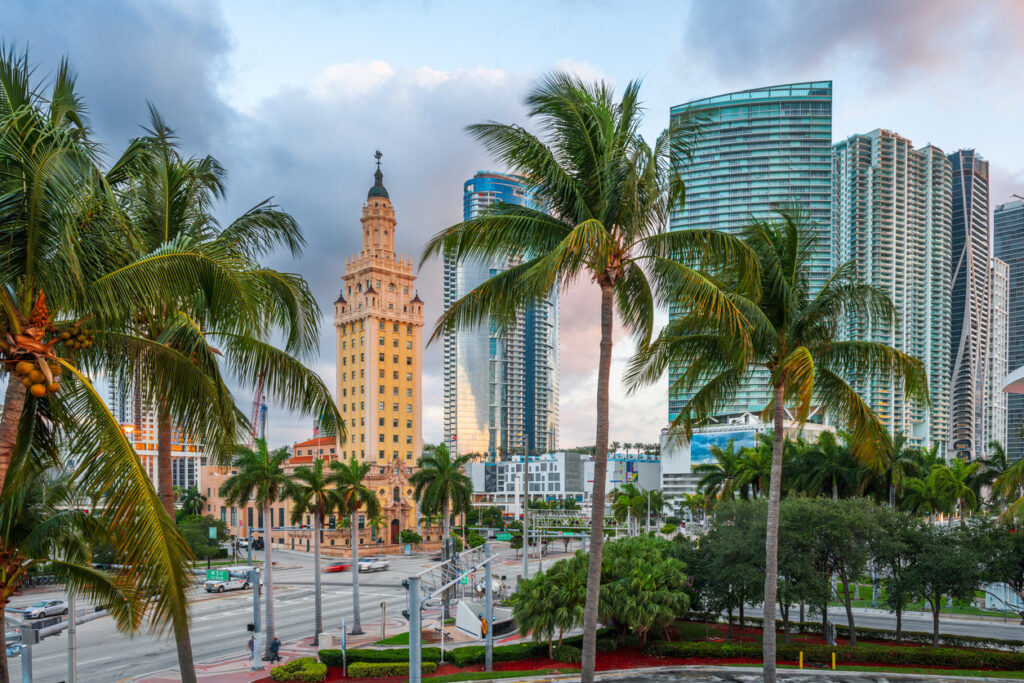
Sure, Florida has sunshine and beaches, but retirees are quickly realizing it’s not all palm trees and relaxation. The cost of living has skyrocketed, home insurance rates are through the roof, and the traffic in popular areas is a nightmare. Healthcare access is hit or miss, especially in rural spots. And don’t forget the hurricanes—dealing with storm prep and evacuations isn’t exactly the peaceful retirement most people imagine. It’s not the stress-free haven it once was.
2. California’s high costs can drain your retirement savings fast.
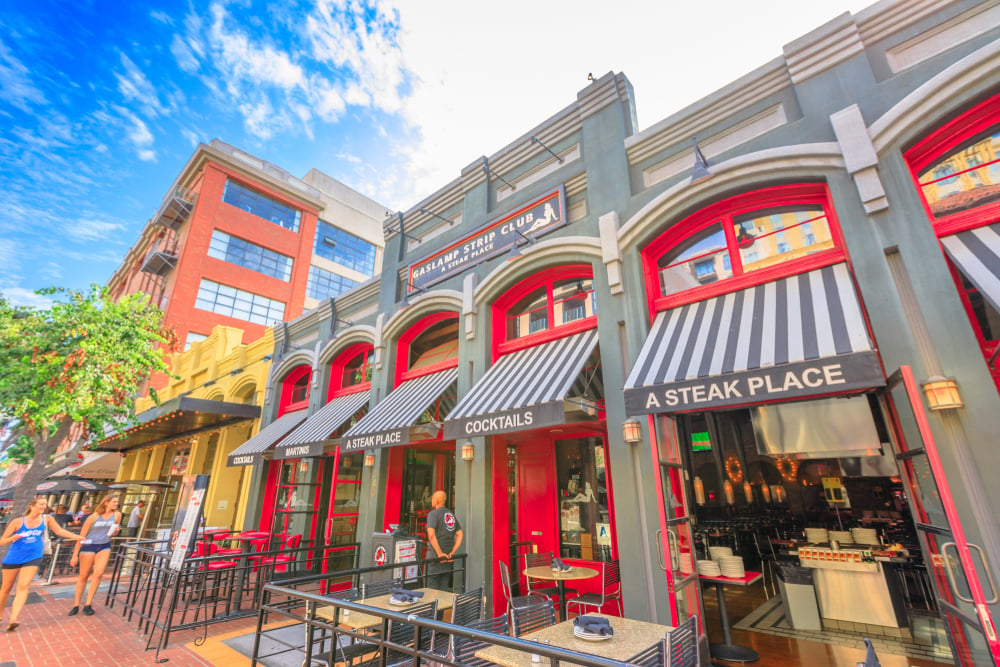
California may offer beautiful scenery, but it comes at a brutal price. The cost of living is outrageous, with sky-high housing prices and some of the highest taxes in the country. Even if you own your home, property taxes and insurance can eat away at your budget. Traffic is another nightmare, and healthcare access varies widely depending on where you live. A dream retirement here can quickly turn into a financial struggle, forcing many seniors to relocate.
3. New York will tax you into oblivion.
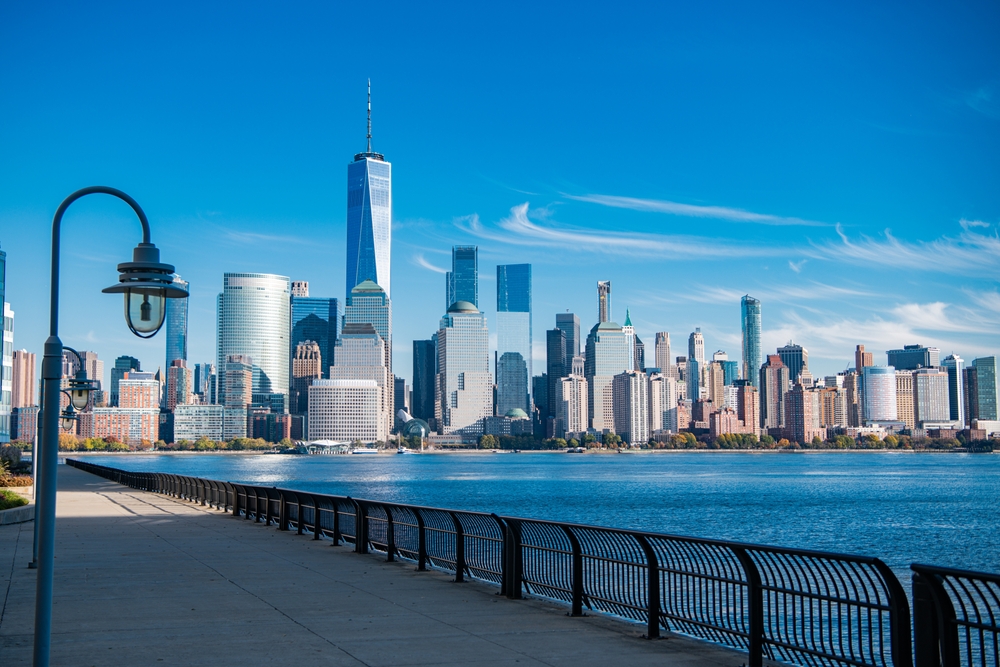
New York might be great for young professionals, but it’s a rough deal for retirees. Taxes are some of the worst in the nation, hitting everything from property to income. The cost of living in cities is astronomical, and even suburban areas aren’t much better. Winters are long and brutal, making it tough for older adults to stay active. Many retirees are heading south, realizing that their nest egg just doesn’t stretch far enough in the Empire State.
4. Alaska’s extreme weather makes retirement rough.
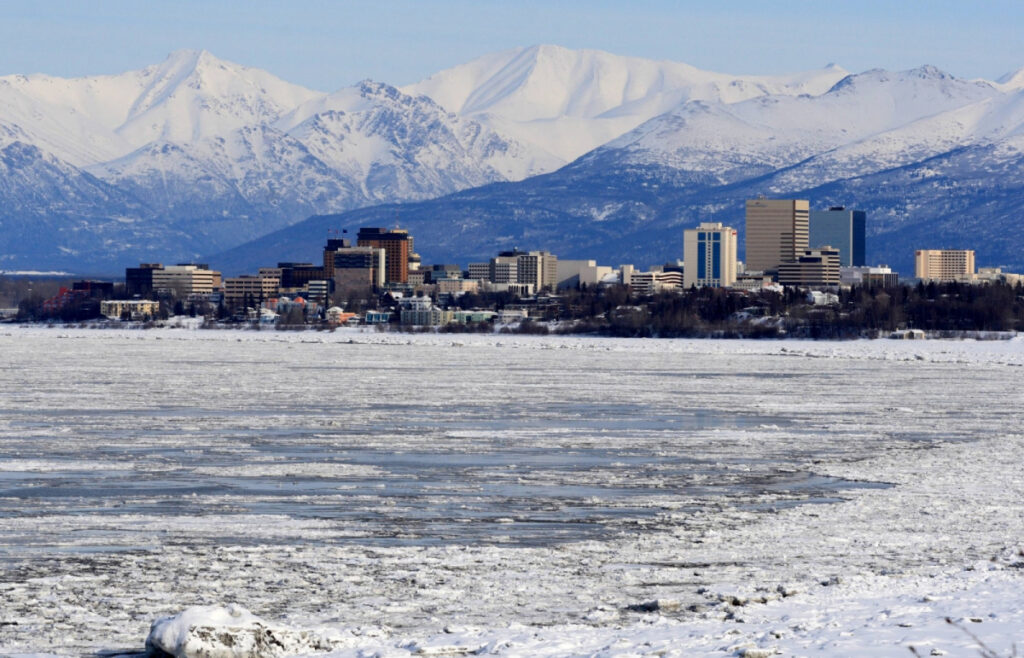
Retiring somewhere scenic sounds great—until you’re buried under feet of snow for months on end. Alaska’s long, harsh winters make getting around difficult, and healthcare access is a real issue, with many specialists located far away. Groceries and utilities cost a fortune, and isolation can become a real problem. If you’re looking for a relaxing, hassle-free retirement, dealing with freezing temperatures and limited amenities probably isn’t what you had in mind.
5. Illinois is driving retirees out with high taxes.
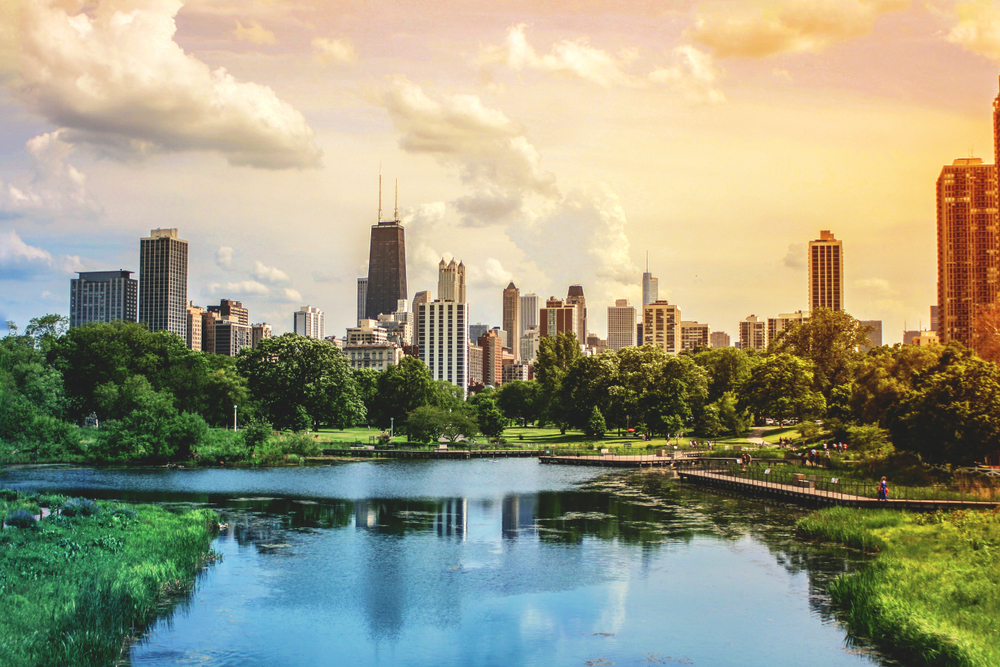
If you want to stretch your retirement income, Illinois isn’t the place to do it. Property taxes are some of the highest in the country, and the state’s financial issues often lead to even more tax hikes. The winters are cold, the cost of living is climbing, and crime rates in certain areas make safety a concern. It’s no surprise that many retirees are packing up and heading for states that won’t nickel and dime them into their golden years.
6. New Jersey makes retirement ridiculously expensive.
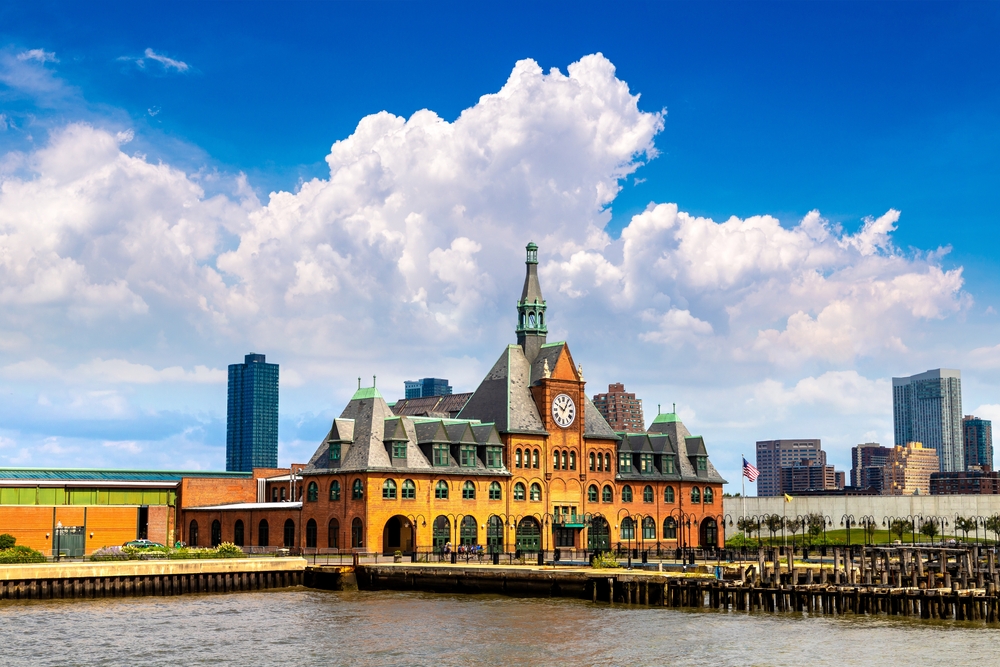
Thinking of retiring in New Jersey? Be prepared for sky-high property taxes, outrageous healthcare costs, and some of the worst traffic in the country. Even if you downsize, housing prices and everyday expenses will keep chipping away at your savings. Winters are brutal, and while the state has some nice beaches, they’re packed in the summer and freezing in the winter. Many retirees find that the cost of living here just isn’t worth it.
7. Texas isn’t as retiree-friendly as it seems.

Texas may not have a state income tax, but don’t be fooled—property taxes here are among the highest in the nation. The summer heat is brutal, and energy bills can be sky-high. Healthcare access is spotty, especially in rural areas, and traffic in major cities is an absolute nightmare. While some people love the state’s independence, others find it lacks the senior-friendly amenities that make retirement easier and more enjoyable.
8. Louisiana’s low cost of living comes with major downsides.
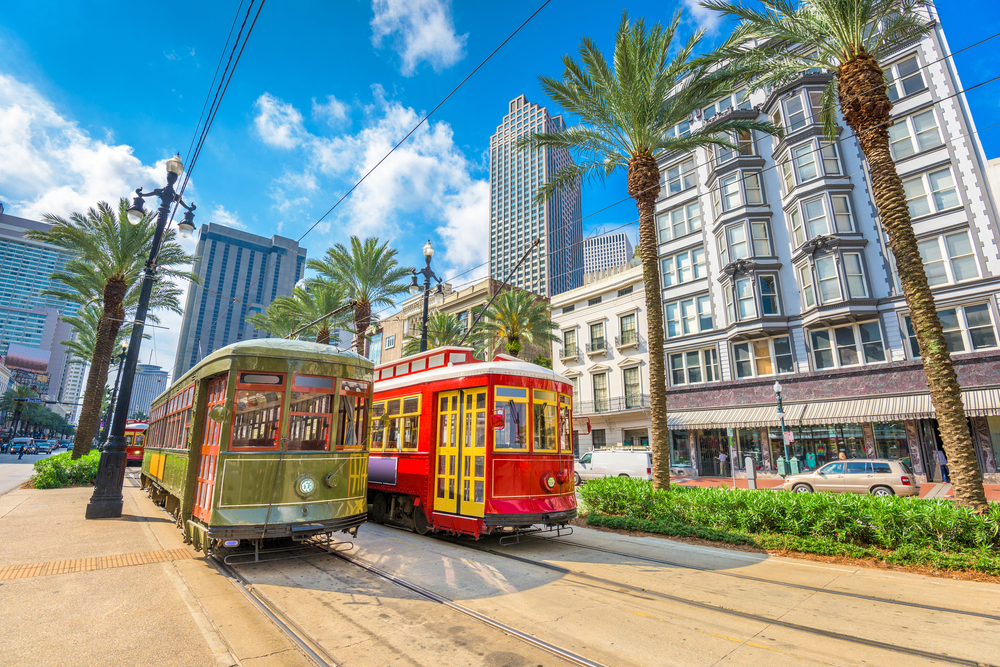
Sure, Louisiana is affordable, but that affordability comes with some serious trade-offs. The healthcare system ranks poorly, and the state frequently lands on the bottom of national quality-of-life rankings. Hurricanes are a constant threat, and infrastructure issues can make life frustrating. Crime rates are also a concern in several areas. If you’re looking for a laid-back retirement, dealing with natural disasters and a struggling healthcare system might not be worth the cheaper housing.
9. Mississippi has affordability—but not much else.
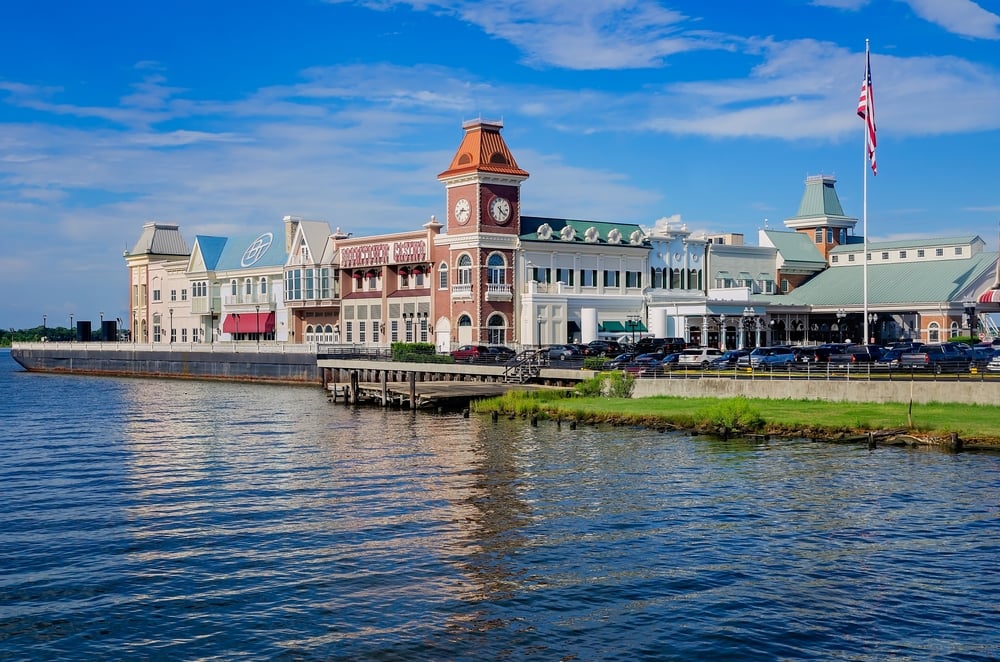
Mississippi offers low housing costs, but that’s where the perks end for many retirees. The state ranks poorly in healthcare, infrastructure, and senior services, making life harder for older adults. Public transportation is practically nonexistent, and rural areas can be extremely isolated. The economy isn’t great, and resources for retirees are limited. If you need access to top-tier medical care or a thriving social scene, this probably isn’t the best place to settle down.
10. West Virginia’s economic struggles make retirement tough.
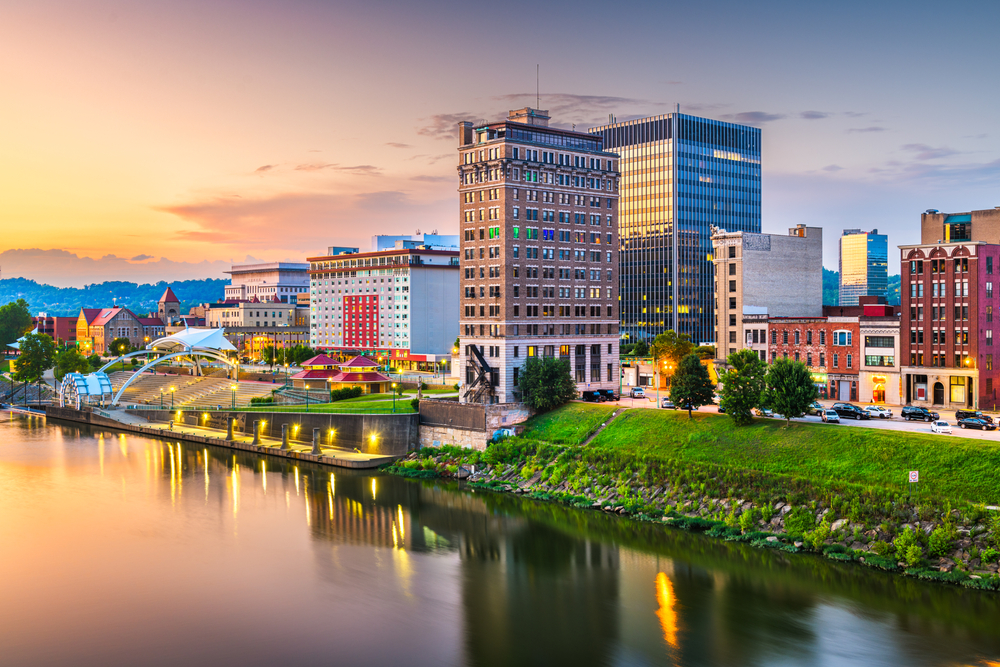
West Virginia has beautiful mountains, but life here isn’t always as peaceful as it looks. The economy has been struggling for years, which means limited job opportunities if you’re hoping for a part-time retirement gig. Healthcare access is a challenge, especially in rural areas, and infrastructure issues make everyday life frustrating. If you’re used to a more vibrant community with plenty of activities, West Virginia may feel isolating and lacking in resources.
11. Kentucky’s healthcare system isn’t ideal for retirees.
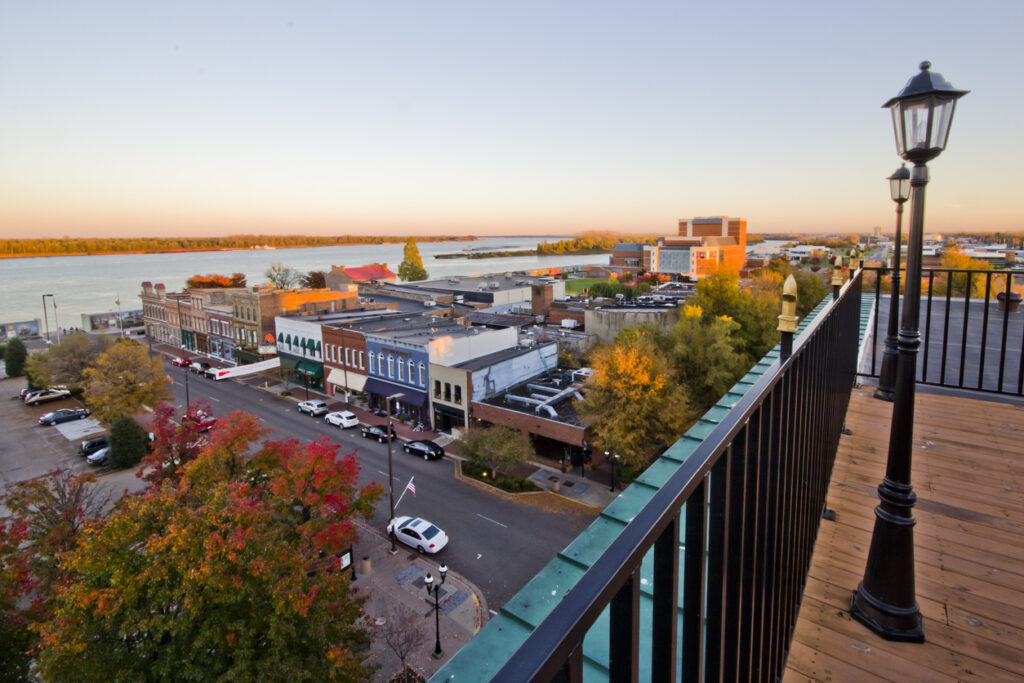
Retirement should be about enjoying life, not stressing over limited healthcare options. Kentucky ranks low in healthcare quality, making it a tough choice for seniors who need good medical care. The cost of living is lower than in other states, but crime rates and infrastructure problems make it less appealing. If you’re looking for a place with strong healthcare access, senior-friendly amenities, and a well-funded public system, Kentucky might leave you disappointed.
12. Nevada’s extreme weather and high healthcare costs are a problem.
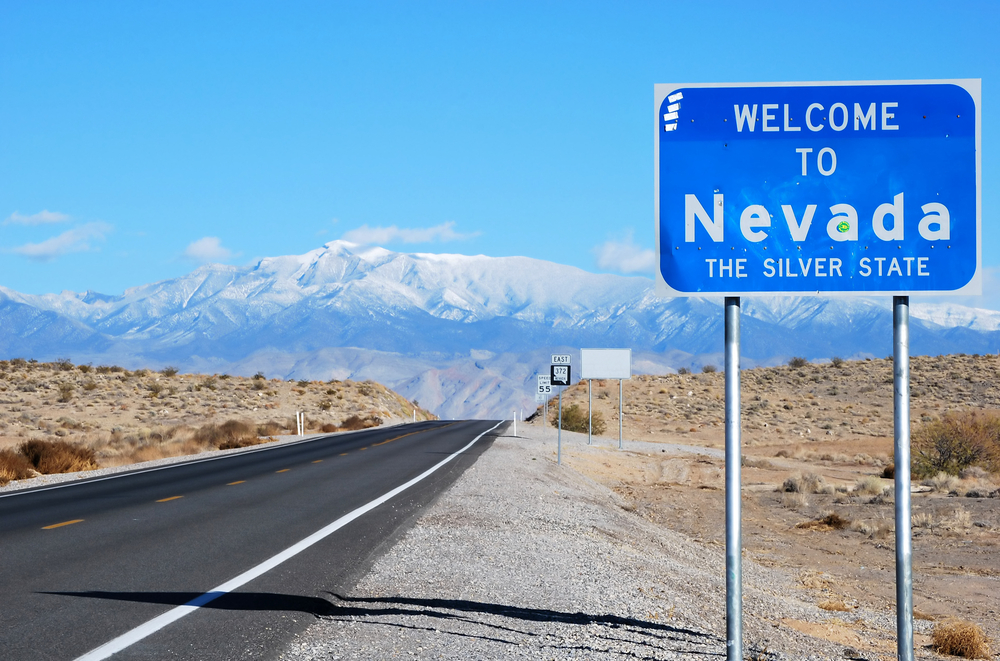
Nevada might seem appealing with no state income tax, but retirees often face major downsides. The summer heat can be unbearable, making outdoor activities nearly impossible for months. Healthcare costs are higher than average, and finding good medical care can be a challenge. In cities like Las Vegas, the high tourism traffic can make everyday life more chaotic than relaxing. While it’s great for a visit, living here long-term as a retiree can be a different story.
13. Georgia’s rising costs are making retirement harder.
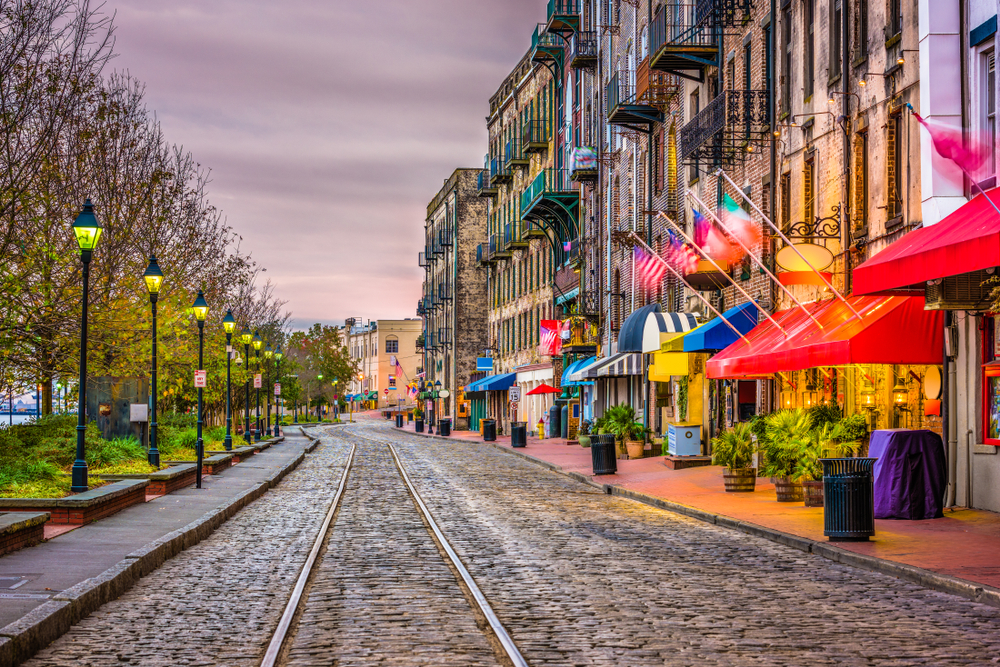
Georgia used to be a budget-friendly retirement destination, but that’s changing fast. The cost of living is climbing, especially in popular areas, and healthcare access isn’t always the best. The humidity in the summer is tough to deal with, and traffic congestion in cities like Atlanta is a daily headache. While some areas still offer a good quality of life, many retirees are realizing that Georgia isn’t quite the retirement haven they expected.
